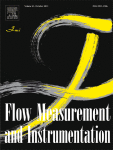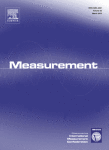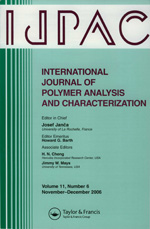 A researcher has retracted two papers after her former supervisor complained she had used his ideas and methodology.
A researcher has retracted two papers after her former supervisor complained she had used his ideas and methodology.
In addition, some of the work was apparently covered by a copyright agreement.
Both papers were co-authored by the same three people. The idea theft came to light after one of the co-authors received a complaint from her former supervisor, prompting her to contact the publisher to resolve the issue.
Wendy Hurp, executive publisher of Food Science at Elsevier, which publishes the two journals, provided some additional background on what happened: Continue reading Idea theft: Two food chemistry papers retracted for using someone’s ideas
 SCOPUS, the
SCOPUS, the  Ask and ye shall receive: A journal has retracted a 2014 paper by Paolo Macchiarini,
Ask and ye shall receive: A journal has retracted a 2014 paper by Paolo Macchiarini, 


 Yesterday we reported that
Yesterday we reported that  A computer scientist in Malaysia has lost two papers for faked peer reviews, and another for duplication. A fourth paper on which he is a co-author appears to have simply disappeared.
A computer scientist in Malaysia has lost two papers for faked peer reviews, and another for duplication. A fourth paper on which he is a co-author appears to have simply disappeared. After a research group submitted two similar papers only days apart to different journals, one journal has retracted the paper — and told the other it should do the same.
After a research group submitted two similar papers only days apart to different journals, one journal has retracted the paper — and told the other it should do the same.